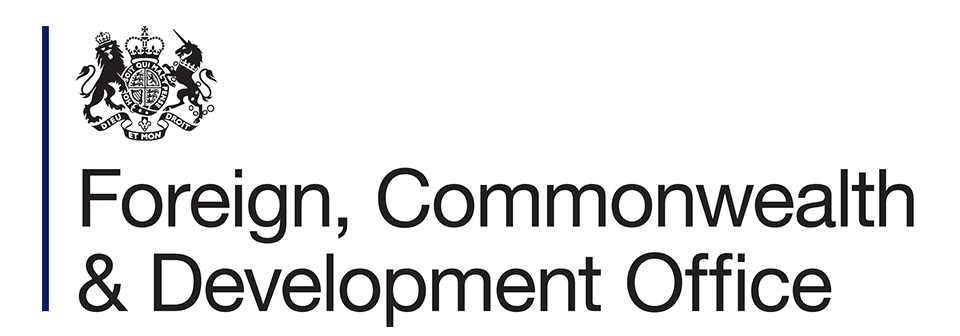Stability and prosperity in the Horn of Africa is critical for the subregion and for the world. Until quite recently, the Horn of Africa appeared to be on a positive trajectory in the context of strengthened regional relations, political transitions, and encouraging economic growth and poverty reduction trends. For example, a recent analysis has shown that the region’s economic growth in the recent past was higher than in the rest of sub-Saharan Africa—with Ethiopia achieving an average of over 6 percent GDP per capita growth between 2014 and 2019—and extreme poverty in Djibouti, Ethiopia, and Kenya falling from 40 percent in 2005 to 33 percent in 2015.
However, events over the last three years have posed a serious challenge to this progress, particularly in light of the outbreak of a major conflict and humanitarian crisis in Ethiopia, a military coup in Sudan, continued cross-border political tensions and security challenges—including violent extremist threats in Somalia and northeast Kenya—and compounding shocks such as climate change and COVID-19. The ongoing food crisis arising from successive droughts and the war in Ukraine is also rapidly threatening the Horn, with an estimated 55 million people currently facing food insecurity—a situation that will likely deteriorate in the coming months. Furthermore, countries across the Horn continue to feature high levels of vulnerability and marginalization, with an estimated 57 million people living in extreme poverty, according to World Bank estimates.
Read more on Brookings Institute







